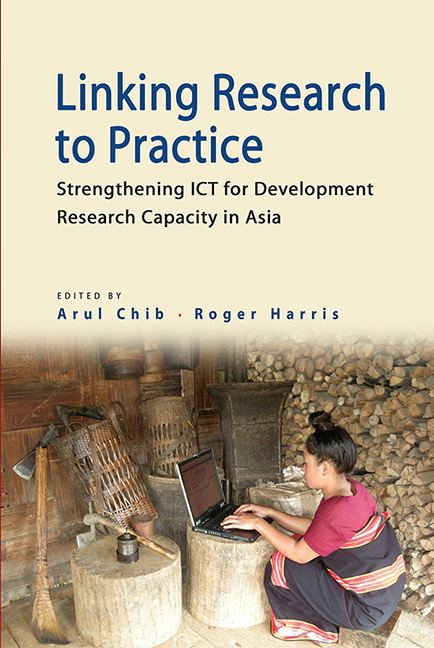Book contents
- Frontmatter
- Contents
- List of Tables
- List of Figures
- Foreword
- Preface
- Acknowledgement
- SECTION I MANAGEMENT PERSPECTIVES: INSIDERS' THOUGHTS ON THE PROGRAMME
- SECTION II RESEARCH PERSPECTIVES: THEORETICAL REFLECTIONS BY EXPERTS
- SECTION III RESEARCH OUTPUTS
- SECTION IV SYNTHESIS AND CONCLUSION
- About the Contributors0
- Index
Foreword
Published online by Cambridge University Press: 21 October 2015
- Frontmatter
- Contents
- List of Tables
- List of Figures
- Foreword
- Preface
- Acknowledgement
- SECTION I MANAGEMENT PERSPECTIVES: INSIDERS' THOUGHTS ON THE PROGRAMME
- SECTION II RESEARCH PERSPECTIVES: THEORETICAL REFLECTIONS BY EXPERTS
- SECTION III RESEARCH OUTPUTS
- SECTION IV SYNTHESIS AND CONCLUSION
- About the Contributors0
- Index
Summary
If, as some suggest, a messy desk is a sign of a creative mind, perhaps a messy conference room is the sign of a creative collaboration. Over the years, I have spent a lot of time in workshops at the Microsoft Research (MSR) offices in Bangalore, but for some reason, I still remember the way the attendees at the ICRC research methods workshop appropriated the MSR space. They — actually ‘we’, since I was a participant — moved the neat rows of desks and tables around into circles and clusters, spilled out into the offices’ common spaces, and set out to question nearly everything about the practice of “Information and Communication Technologies and Development” (ICTD). Given the broad representation of accomplished scholars, practitioners, and donors at the early planning sessions in Manila and Bangalore, one might have expected that the project which would become SIRCA would be special. But I do think it was a good sign that we moved the chairs.
Another thing I remember from those early meetings was how helpful it was to have people from outside the ICTD community involved in the discussions. Some of the most insightful conversations during the sessions occurred as self-described ICTD researchers compared their articulations of problems, methods, and interests to those attendees interested more in research on the globalizing “information society”. The result was a group dynamic which paid unusually careful attention to assumptions, theoretical stances, and goals. No one was going to get away with a blanket assertion that worldwide access to and use of information and communications was fair, good, or necessary, or that interventions to ‘improve’ access and use were required, effective, or even possible.
A few years later, having now seen the fruition of a full cycle of SIRCA work as represented in this volume, it is extremely gratifying to see how the programme has not only supported fascinating new interdisciplinary research on ICTD and on the information society in emerging Asia, but also strengthened and nurtured a growing group of scholars in the region.
- Type
- Chapter
- Information
- Linking Research to PracticeStrengthening ICT for Development Research Capacity in Asia, pp. xi - xviPublisher: ISEAS–Yusof Ishak InstitutePrint publication year: 2012

